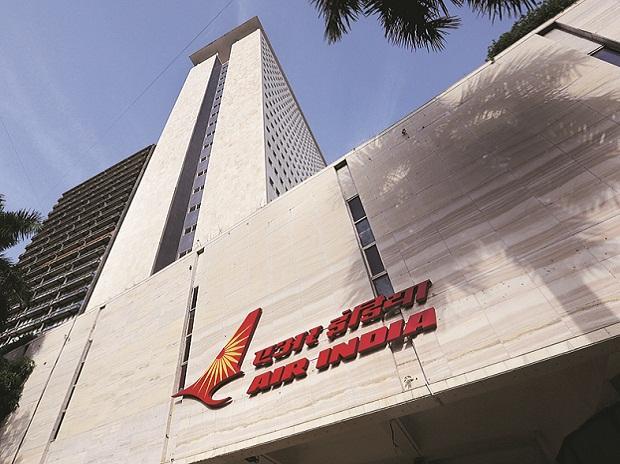The
firm is looking at going beyond the metro cities by scaling up its
offline stores to over 5,000 and setting up more than 100 'experience
centres' in the top 50 cities by next year.
Business
Standard : OnePlus, the Shenzhen, China-based premium phone
maker, is fast expanding to tier-II and tier-III cities and towns in
the country — it says there is huge response from these regions.
The
firm is looking at going beyond the metro cities by scaling up its
offline stores to over 5,000 and setting up more than 100 ‘experience
centres’ in the top 50 cities by next year, said Vikas Agarwal,
general manager and head of OnePlus India.
Till
recently, OnePlus
was mainly relying on e-commerce platforms for reaching customers.
India has already become its largest and fastest growing market,
accounting for over a third of overall revenue.
“India
is one region which has performed best as compared to any other
market (for us). That is very counter-intuitive because when we
entered India, nobody expected OnePlus or the premium segment to do
so well,” said Agarwal. “But, today, India is the fastest growing
premium smartphone market for us. People do have that money to spend.
Though there is talk about economic slowdown, our sales are better
than ever.”
OnePlus
has partnered with Redington (India), a global mobility distributor,
which will boost its offline presence across the northern and
northeast regions in particular. The firm has also partnered with
offline retailers such as Sangeetha, Poorvika, Vijay Sales and Big C,
with access to thousands of offline stores beyond big cities in
Andhra, Kerala, Karnataka, Telangana, and Tamil Nadu.
OnePlus
had, says CounterPoint, widened its lead over Apple and Samsung with
the OnePlus 7 launch in the premium smartphone segment during the
September quarter.
This
month, OnePlus said, it recorded Rs 500 crore of revenue in only the
first two days of the festive sale on Amazon.in.
“The
momentum for OnePlus has been quite strong. They have to expand
offline because they have been missing the biggest chunk of consumers
who are ready to buy the product, once they are able to experience
the look and feel of the product,” said Tarun Pathak, associate
director at Counterpoint Research. “If you go to tier-II and
tier-III cities, you would find a significant chunk of premium users.
Their (OnePlus) offline strategy makes a lot of sense.”
Smartphone
shipment in the premium segment (Rs 30,000 and above) grew an
impressive 33 per cent annually in India, way above the single-digit
overall smartphone shipment growth, during the quarter, said
Counterpoint.















